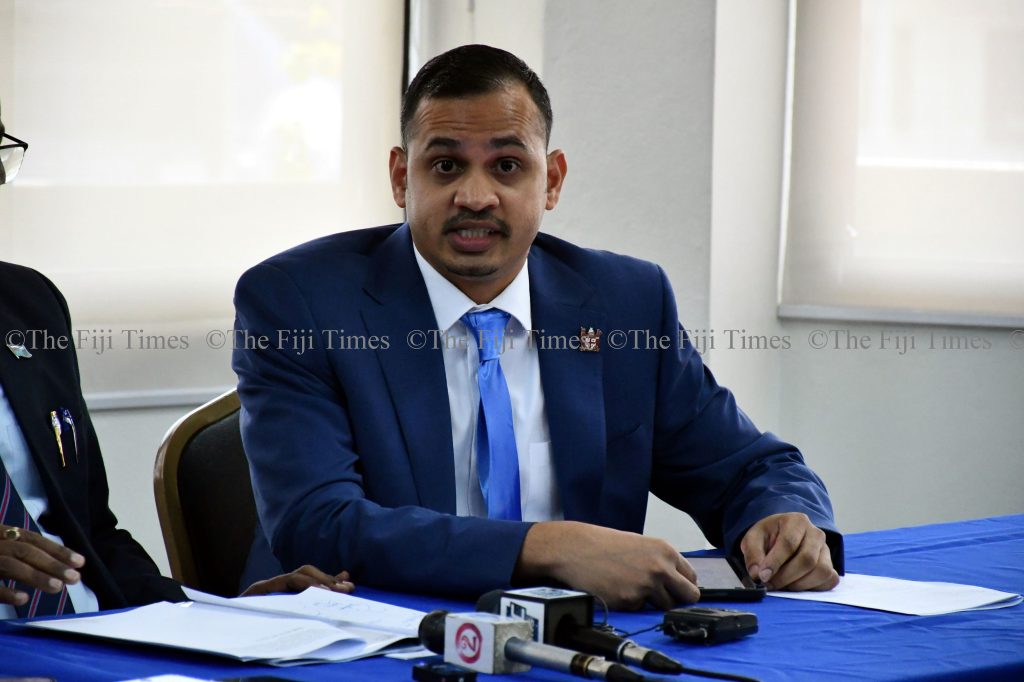A methane-cutting drive across the Pacific ramps up this month as Recycle Organics (RO) specialists head to Fiji for a series of grassroots waste initiatives.
Backed by Environment and Climate Change Canada, the RO team will roll out practical, grassroots solutions to one of the region’s fastest-growing environmental headaches — organic waste.
Their Fiji visit, expected to run from May 12 to 20, will start in the Bua Province, where four villages — Vuya, Nabouwalu, Wairiki and Makolei — will each receive home composting kits as part of a new pilot to ease pressure on local landfills.
“It’s a win-win,” said permanent secretary for the Ministry of Environment and Climate Change (MECC) Dr Sivendra Michael.
“Composting supports agriculture, reduces waste and aligns with our environmental and climate goals.
“We’re grateful to the Government of Canada and Recycle Organics for this timely support.”
Two hundred composting kits will be handed out during the visit, with workshops held from May 13-14 to get communities up and running with backyard systems that could drastically cut household waste volumes.
The mission will also include high-level talks with MECC, exploring how to embed methane mitigation more deeply in Fiji’s climate planning, and a check-in with the Water Authority of Fiji on a landmark emissions-cutting agreement signed last year.
The MOU supports co-digestion of organic waste at the Kinoya Wastewater Treatment Plant — an effort to reduce harmful emissions while testing business models that could rope in private sector players.
From there, the team will head west to the Lautoka City Market to inspect organic waste segregation equipment delivered by RO in 2024 and assess its impact on the ground.
A school-based education drive is also on the agenda, with Recycle Organics working alongside the University of Fiji, the Ministry of Education, and the Pacific Recycling Foundation to promote composting and source separation among high school students.
RO’s broader Pacific engagement forms part of its efforts to help Small Island Developing States (SIDS) tackle climate change by cutting methane emissions from waste — one compost heap at a time.



